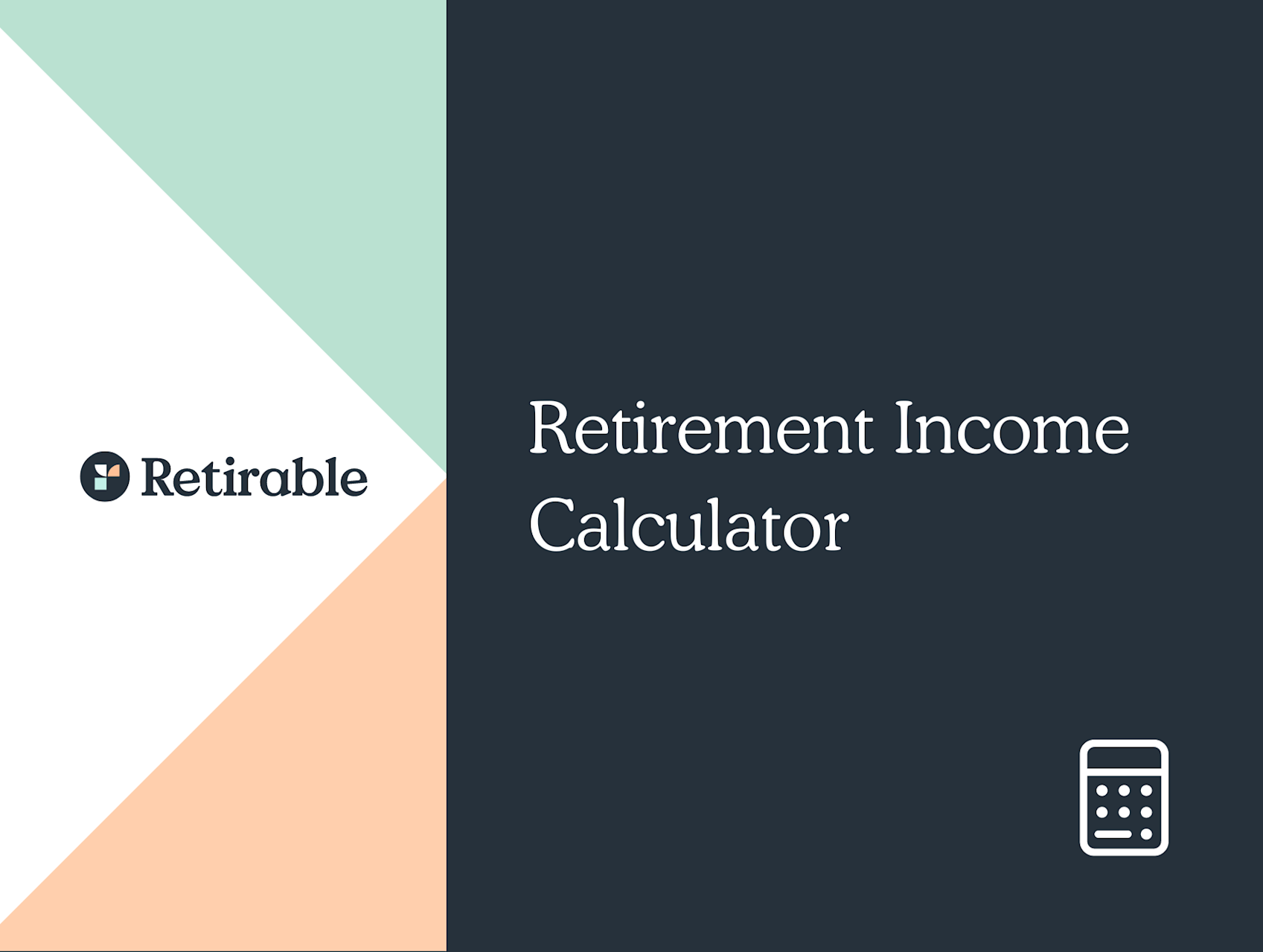Income
Timing is everything when it comes to retiring. If you leave the workforce too soon, you’ll need to stretch your money out longer. But if you wait too long, you’ll miss out on some years of enjoying that money. It’s important to start taking your Social Security benefits at the best possible time for you. Here are a few tips to help you reduce the burden on your retirement nest egg.

Stephanie Faris
•
Published July 12th, 2021
Table of Contents
Key Takeaways
At retirement, you’ll need to file to start receiving Social Security benefits.
The longer you wait to retire, the more that monthly payment will be, although it tops out at age 70.
If you can wait as late as possible, you’ll have to rely less on your retirement savings for your monthly expenses.
Timing is everything when it comes to retiring. If you leave the workforce too soon, you’ll need to stretch your money out longer. But if you wait too long, you’ll miss out on some years of enjoying that money. It’s important to start taking your Social Security benefits at the best possible time for you. Here are a few tips to help you reduce the burden on your retirement nest egg.
Optimizing Social Security Benefits with Your Nest Egg
No matter how much money you’ve set aside for retirement, your nest egg will only stretch so far. You’ll probably have to take money out each month to pay your bills, so those account balances will gradually start to dwindle. The good news is, your retirement savings will only have to supplement the Social Security check you get each month. But there’s an art to maximizing your Social Security benefits. Take them too soon and you’ll need a bigger nest egg to make up the difference. It can be complicated, so it’s important to look at your own unique situation to decide when you should start taking Social Security.
Timing Strategies Behind Claiming Social Security
Once you reach the minimum age, which is 62, you can start taking Social Security, but your benefits will be reduced. For some, this strategy could pay off, but for most, it’s best to wait as late as you can to take advantage of the bigger monthly check. Here are the two timing strategies to consider.
Claim Early, Get Less
You can take Social Security benefits at the age of 62, but you’ll see a drop of 30 percent every month if you do. This reduction lasts for the rest of your life. But there’s also the option of retiring early while continuing to work part-time. You can currently earn up to $18,960 without seeing a reduction in your Social Security payments.
That said, there are some instances where claiming early can be a good idea. One could simply be personal preference. If you have enough savings to get you through and you want to enjoy life, you may decide the pay cut is worth it. On a more dismal note, those who don’t feel that they’ll live to the average life expectancy for their age, gender, and race might be better off not waiting.
Postponing Your Claims
If you were born after 1959, full retirement age is 67. If you can wait that long, you won’t see that 30 percent drop that happens if you retire at 62. But the Social Security Administration will pay you 8 percent more each month for every year you continue to wait after 67. That extra benefit caps out at age 70.
Obviously, the longer you can wait, the less you have to rely on your retirement savings to support you each month. If you’re married, you might want to have one spouse start claiming early, while the other spouse waits until the age of 70. That way, you’ll have your spouse’s income, plus a larger Social Security check coming later.
Final Thoughts
Each person’s retirement situation is different. There are online calculators that can help you crunch the numbers. But for best results, we recommend working with a certified financial planner who can look at all your finances and tell you the best time for you to retire.
Share this advice

Stephanie Faris has written about finance for entrepreneurs and marketing firms since 2013. She spent nearly a year as a writer for a credit card processing service and has written about finance for numerous marketing firms and entrepreneurs. Her work has appeared on Money Under 30, The Motley Fool, MoneyGeek, E-commerce Insiders, and GoBankingRates.
Decumulation
Paycheck
Lifestyle Planning
Income Sources
Strategies
Taxes
Risks
Share this advice

Stephanie Faris has written about finance for entrepreneurs and marketing firms since 2013. She spent nearly a year as a writer for a credit card processing service and has written about finance for numerous marketing firms and entrepreneurs. Her work has appeared on Money Under 30, The Motley Fool, MoneyGeek, E-commerce Insiders, and GoBankingRates.


